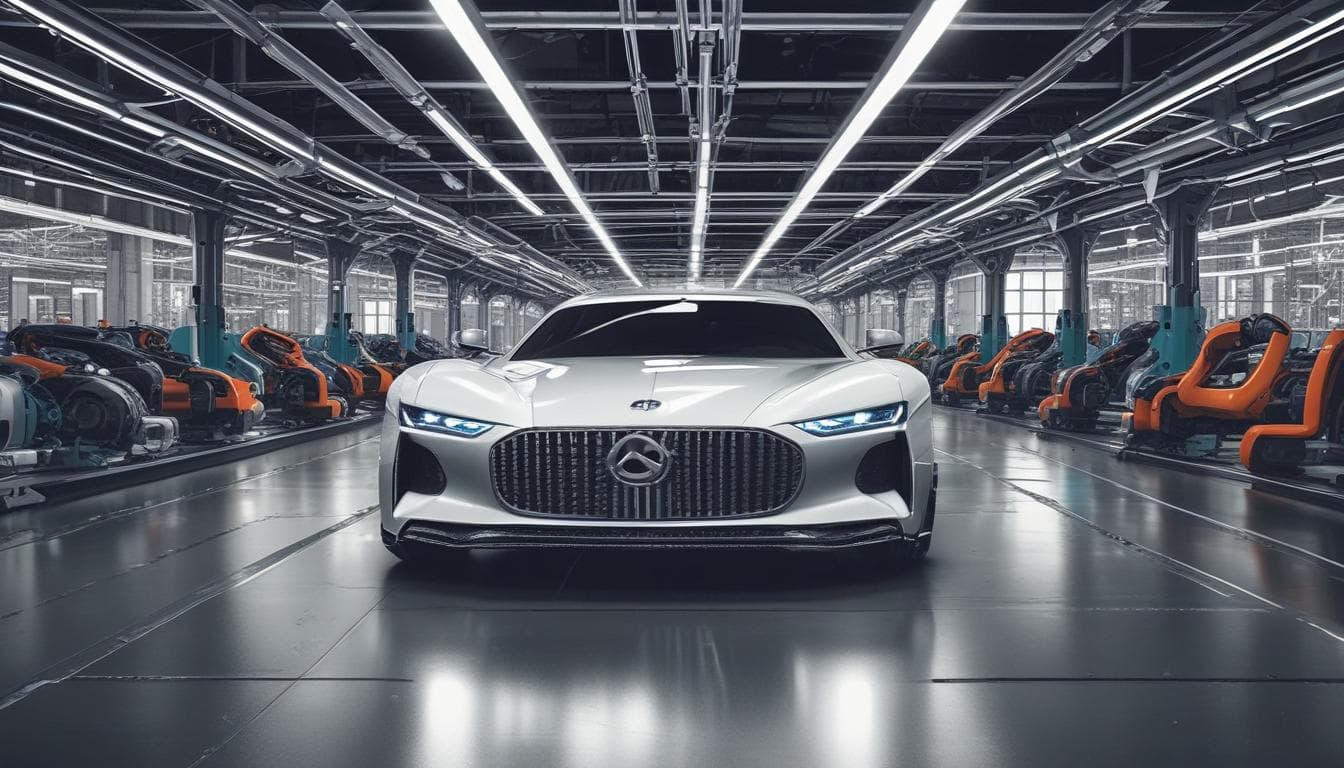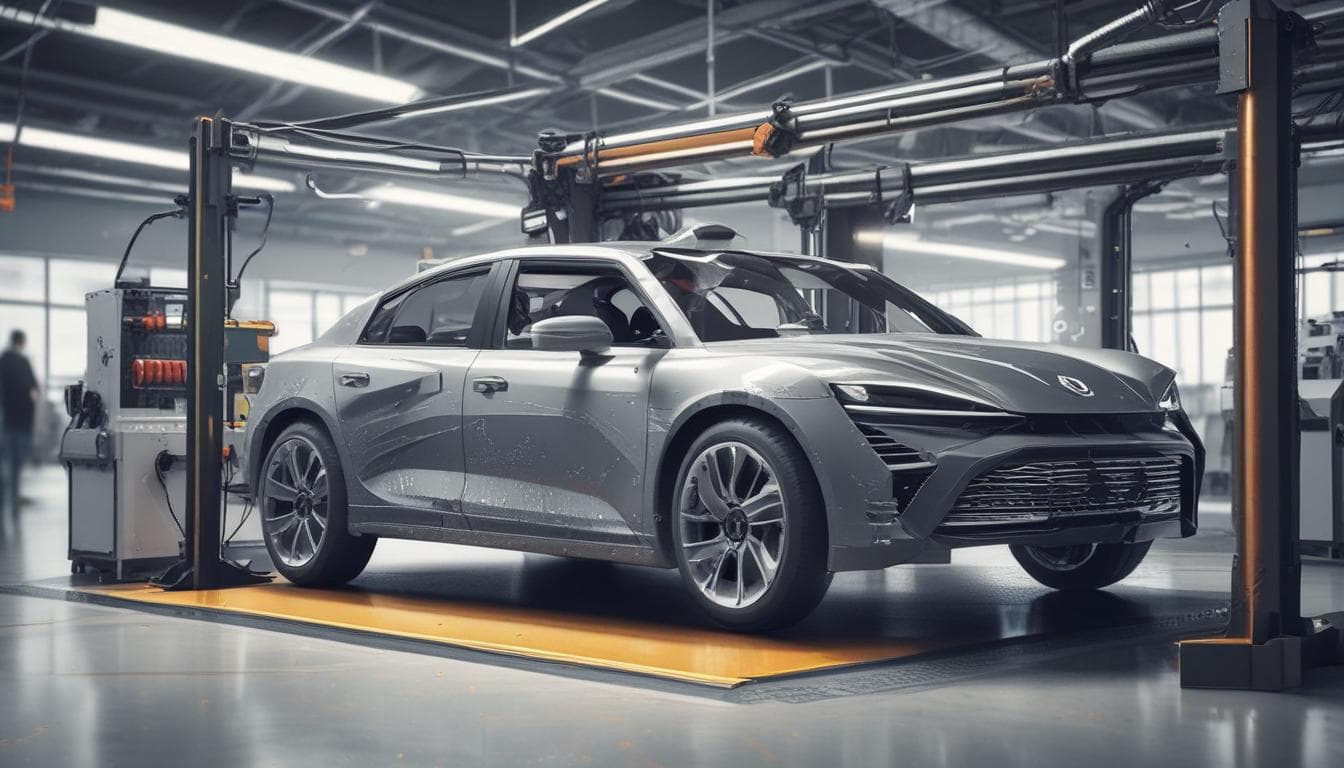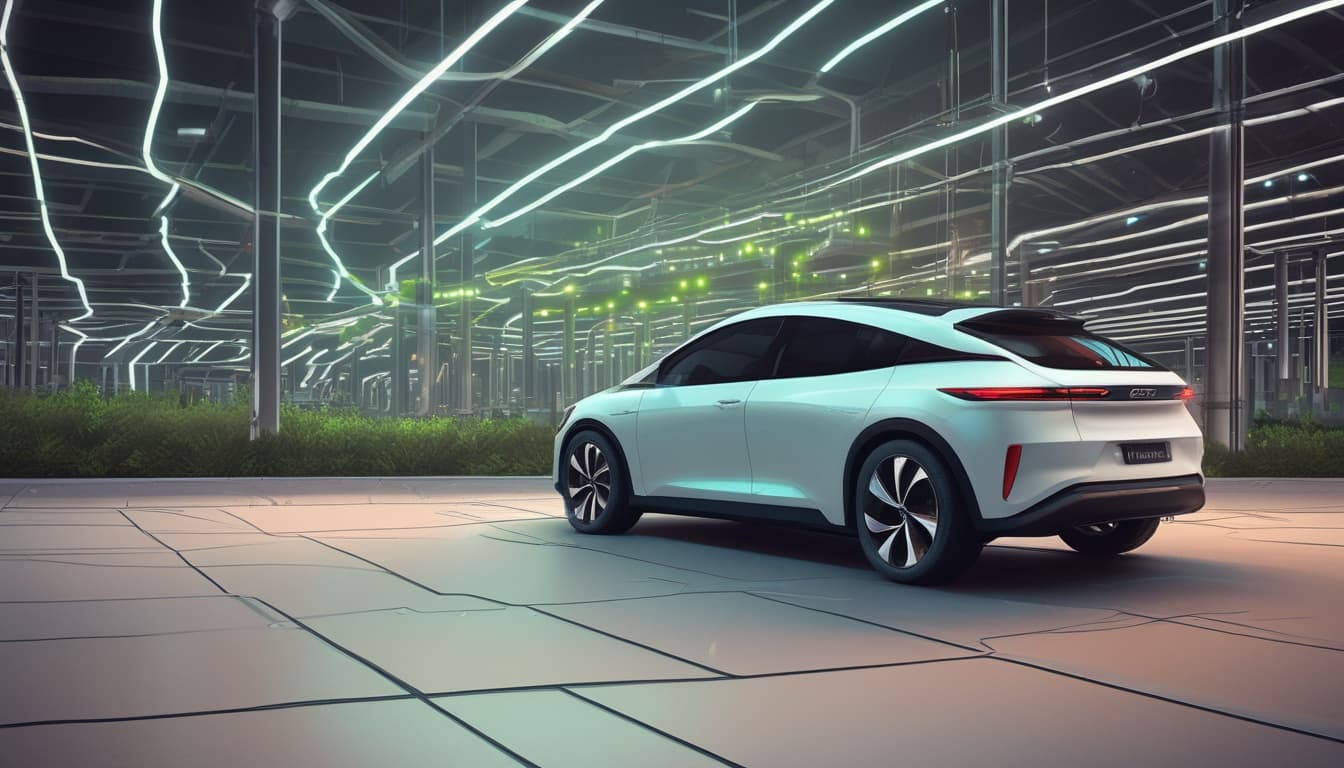如果汽车能理解并回应你的情绪,例如在你感到压力时播放舒缓的音乐,或者在你感到疲倦时发出警报,这会如何改变驾驶体验?你认为这样的情感互动是锦上添花还是画蛇添足?又会带来哪些潜在的伦理和安全问题?
我觉得如果汽车可以理解并回应我们的情绪,驾驶体验将会发生革命性的变化。想象一下,在堵车时,车辆可以播放你喜欢的音乐来舒缓你的焦躁;或者当你感到疲劳时,它会及时提醒你休息,甚至为你规划最佳休息路线。这将大大提升驾驶的舒适性和安全性。
然而,情感互动也可能是一把双刃剑。过度依赖车辆的情绪识别可能会削弱驾驶员自身的判断力,甚至导致驾驶员分心。例如,车辆播放的舒缓音乐可能反而使驾驶员更加困倦,而不是提高警觉性。
此外,关于数据隐私和伦理道德也存在一些问题。车辆如何收集、存储和使用驾驶员的情绪数据?这些数据是否会被滥用?探讨汽车行业未来趋势的文章中提到了软件定义汽车的概念,其中也包含了对驾驶员行为和情绪的分析。这需要我们制定相应的法规和标准来保障驾驶员的权益。
从安全角度来看,车辆对情绪的误判也可能带来潜在的危险。如果车辆错误地判断驾驶员的情绪状态,例如将兴奋误判为愤怒,并采取相应的措施,可能会导致意外事故的发生。了解自动驾驶汽车伦理挑战这篇文章中提到了更多关于自动驾驶伦理的讨论,值得一读。
总而言之,我认为情感互动可以为驾驶体验带来积极的改变,但同时也需要谨慎对待潜在的风险。我们需要在技术发展和伦理安全之间找到平衡点,才能让这项技术真正造福人类。
Explore More on This Topic
Join the Conversation
- How Will AI Reshape the Automotive Industry?
Explore the transformative impact of AI on automotive design, manufacturing, and the driving experience. Discuss the potential benefits, challenges, and ethical considerations of AI's growing role in the automotive industry.
- The Future of Driver Training and Licensing in the Age of AI
Explore the potential impact of AI on driver training and licensing. Will AI-driven programs replace traditional driving schools? What new skills will drivers need in this evolving landscape?
- The Evolving Role of the Human Driver in the Age of AI
Explore the future of driving as AI integration in vehicles increases. Will human drivers become leisure drivers, and how will this impact car culture and design?





